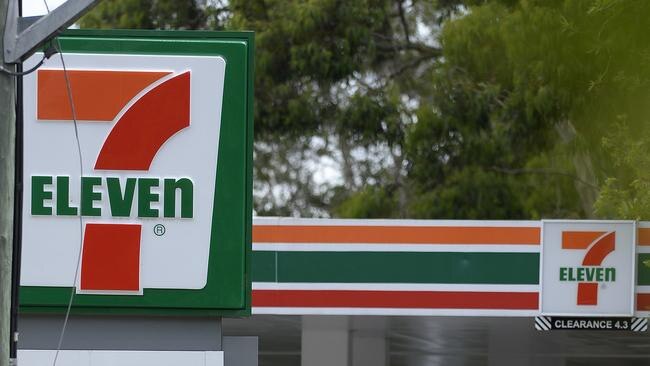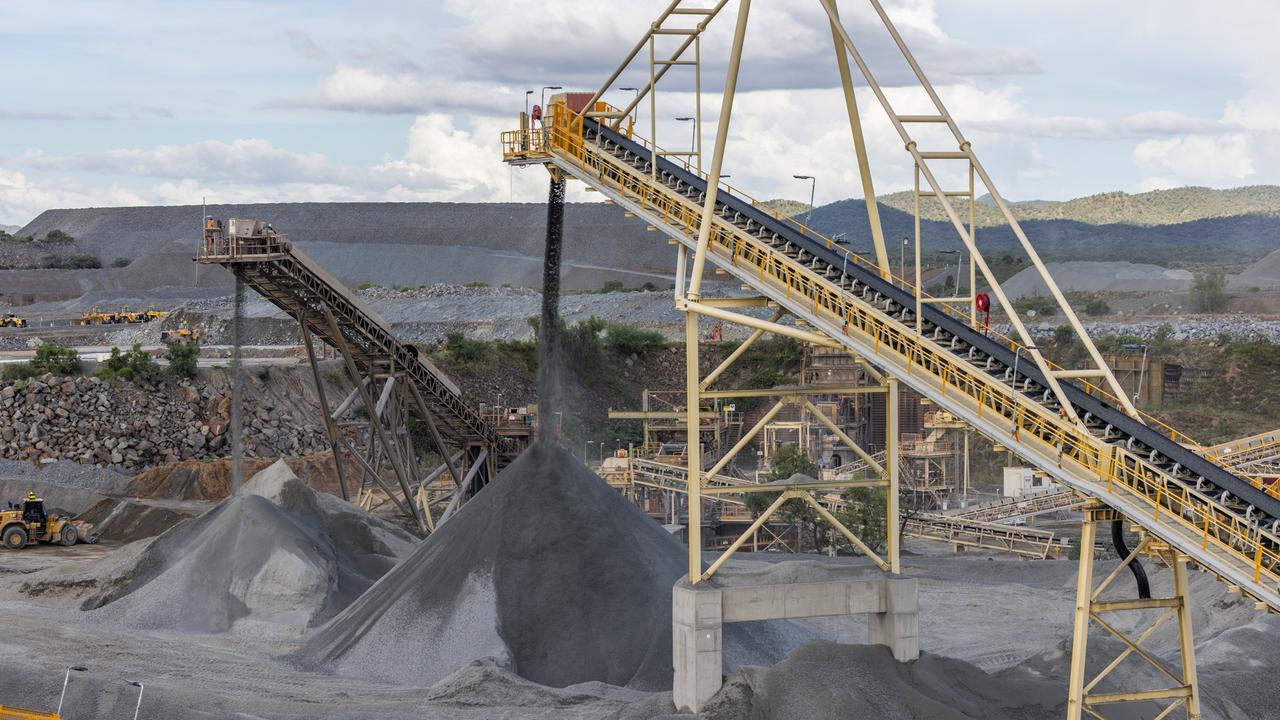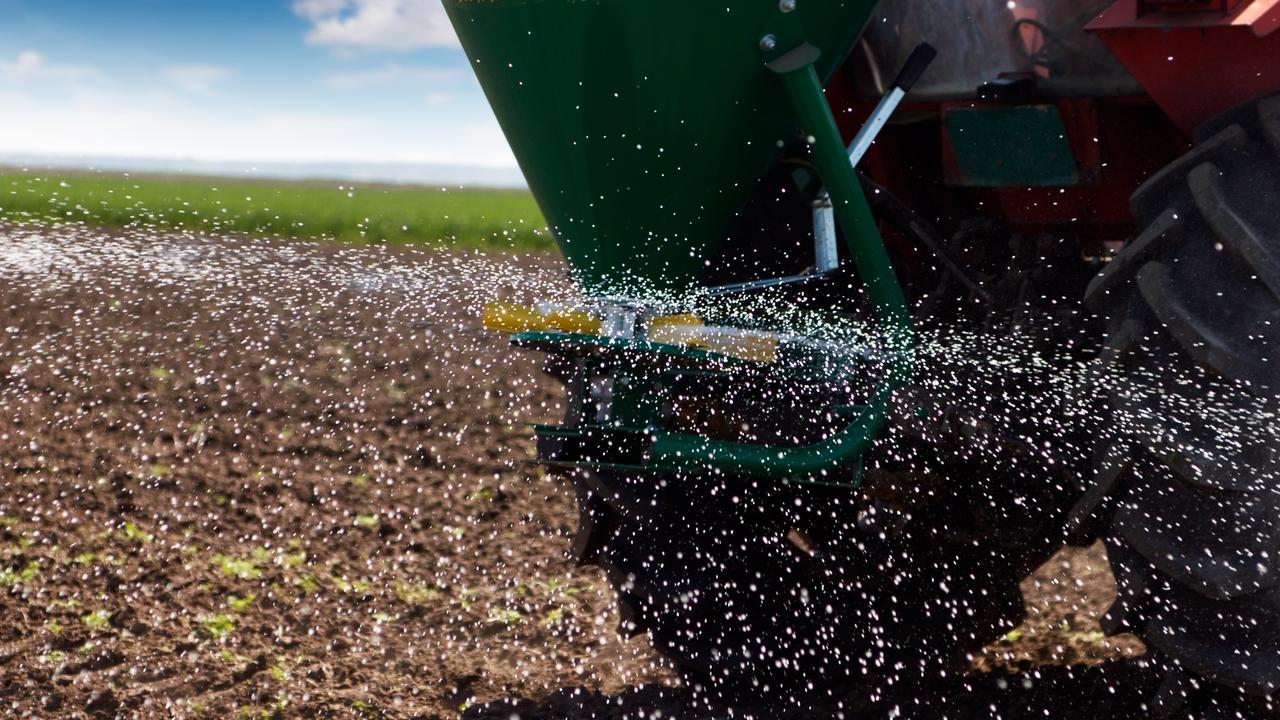
While Seven & I Holdings and Ampol are set to battle it out for 7-Eleven as the sale process heads into the second round, there is now known to be at least one outlier that is part of the competition.
Although mainstream private equity firms are believed to have side stepped the contest, at least one opportunistic fund, prepared to take on assets that may be too problematic for others, is said to be in the mix.
Sources on Monday were pointing to Oaktree Capital Management or Apollo Global Management, but another thought from one source is that Platinum Equity could be the firm said to have thrown its hat in the ring.
It’s worth remembering that when Toll Holdings put its global express unit on the market, which was in distress, Platinum was the under bidder to buyer Allegro, so is a known contender for Australian targets that the usual private equity buyers would pass on.
Usually, another obvious contender would be Australian turnaround private equity firm Allegro Funds, given it purchased the New Zealand-based Gull petrol stations from Ampol last year.
But the group currently has a lot on its plate with its PwC-related acquisition, and the $2bn 7-Eleven deal is seen as potentially too large for Allegro.
It would be a similar situation to Allegro’s main Australian rival, Anchorage Capital Partners, in that it too would be a logical buyer for an asset out of favour with ESG conscious investors but typically targets smaller opportunities.
Meanwhile, the California-based Oaktree has made it clear that it is very much gearing up for more deals in this market after recently buying much of the debt in cancer care provider GenesisCare, now in Chapter 11 Bankruptcy.
Deterring other buyout funds that typically compete for large offerings like Blackstone, Brookfield, Kohlberg Kravis Roberts, TPG Capital or The Carlyle Group is the company’s exposure to oil refining and the tobacco industry.
The investors in private equity firm funds are becoming increasingly conscious about environmental, social and governance (ESG) factors when making their investments.
There is also the question of electric cars, and what would be the exit strategy for the fuel convenience group in the coming years, but turnaround funds are lured by the cash flow stream of such entities over the years before they may diminish in size due to structural industry changes.
7-Eleven, up for sale through Azure Capital, is also on the block at a time of soaring debt costs, which can mean it is harder for private equity to make a transaction stack up when competing against strategic buyers.
It is understood that Seven & I Holdings, which has pre-emptive rights to buy the business being the franchise owner in Japan, and Ampol, believed to be advised by UBS, have made first round bids.
7-Eleven generates annual earnings before interest, tax, depreciation and amortisation of about $220m.
It is up for sale on behalf of the Withers and Barlow families.
The business operates everywhere in Australia except Tasmania, the Northern Territory and South Australia, which creates growth opportunities for the buyer.
It has a licence to operate and franchise 7-Eleven stores in Australia from the US-based 7-Eleven.
Its 750 stores are located across Victoria, NSW and Western Australia, processing 250 million transactions each year.




To join the conversation, please log in. Don't have an account? Register
Join the conversation, you are commenting as Logout